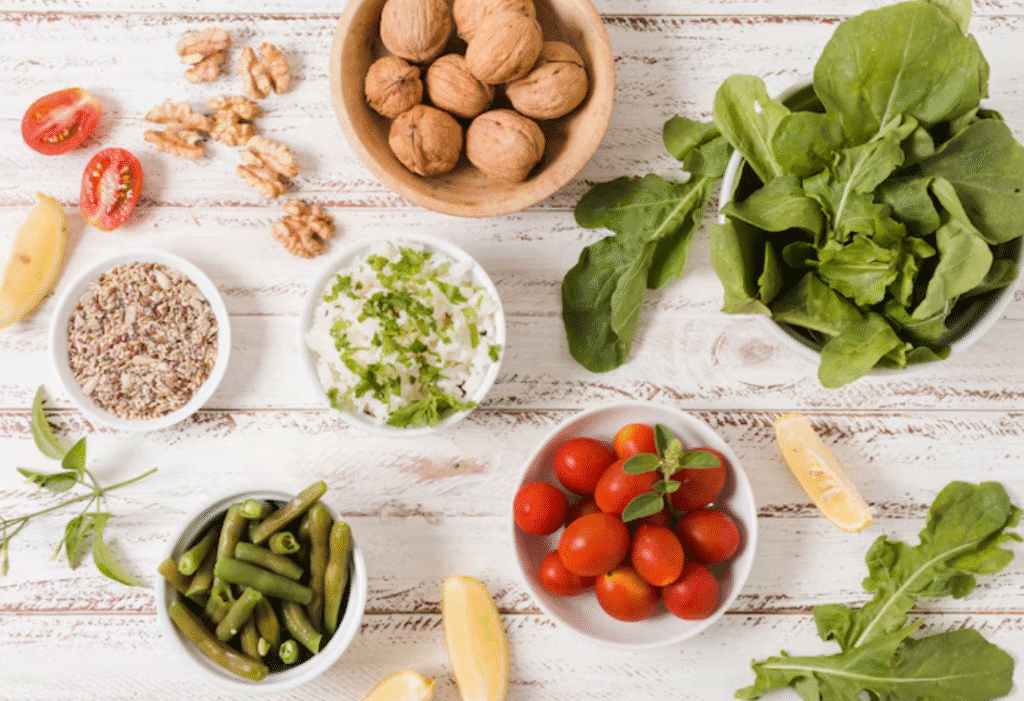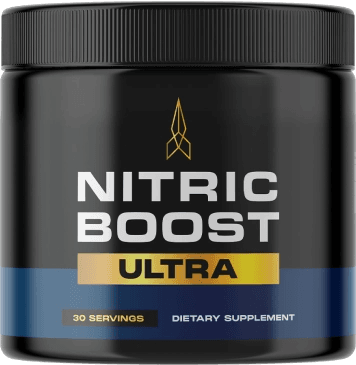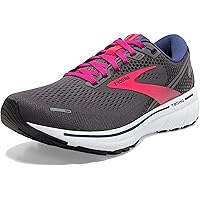Adopting a vegan diet can be a powerful choice for your health, the environment, and animal welfare. However, one of the most common concerns people have is whether they can get all the essential nutrients from a plant-based diet. The good news? Yes, you can! But it does require knowledge and planning.
This article will walk you through the key nutrients to focus on, how to get them from vegan sources, and tips for creating a nutritionally complete plant-based lifestyle.
Understanding Vegan Nutrition
A well-balanced vegan diet is centered around whole plant foods—vegetables, fruits, legumes, whole grains, nuts, and seeds. These foods are naturally rich in fiber, antioxidants, and important vitamins and minerals. But certain nutrients require special attention, as they are less prevalent in plant foods or less easily absorbed by the body.
Let’s break them down.
1. Protein
Why it matters: Protein is essential for muscle repair, hormone production, and immune function.
Vegan sources:
- Legumes (lentils, chickpeas, black beans)
- Tofu, tempeh, edamame
- Seitan (wheat gluten)
- Quinoa, oats, brown rice
- Nuts and seeds (almonds, chia, hemp, pumpkin)
Tip: Aim for a variety of sources throughout the day. Most adults need about 0.8–1g of protein per kg of body weight.
2. Vitamin B12
Why it matters: B12 supports red blood cell production, brain function, and nerve health. It’s not naturally found in plant foods.
How to get it:
- Fortified plant milks, cereals, and nutritional yeast
- B12 supplements (cyanocobalamin or methylcobalamin)
Recommendation: 250 mcg daily or 2,500 mcg weekly.
3. Iron
Why it matters: Iron helps carry oxygen in the blood and supports energy metabolism.
Vegan sources:
- Lentils, chickpeas, black beans
- Tofu, tempeh
- Pumpkin seeds, quinoa, dark leafy greens
- Fortified cereals and breads
Tip: Plant-based (non-heme) iron isn’t absorbed as easily. Eat iron-rich foods with vitamin C (like citrus, bell peppers, or tomatoes) to boost absorption.
4. Calcium
Why it matters: Calcium is critical for bone health, muscle function, and nerve signaling.
Vegan sources:
- Fortified plant milks and juices
- Calcium-set tofu
- Broccoli, bok choy, kale
- Almonds, tahini, figs
Target intake: 1,000–1,200 mg per day.
5. Vitamin D
Why it matters: Helps absorb calcium and supports immune function.
How to get it:
- Sunlight (10–30 minutes, a few times a week)
- Fortified foods (plant milks, mushrooms exposed to UV)
- Vitamin D2 or D3 (vegan version from lichen) supplements
Tip: In winter or cloudy regions, a supplement is often necessary.
6. Omega-3 Fatty Acids (ALA, EPA, DHA)
Why it matters: Important for brain, heart, and joint health.
Vegan sources:
- Flaxseeds, chia seeds, hemp seeds, walnuts
- Algal oil (vegan DHA/EPA)
Note: ALA (plant omega-3) converts poorly to DHA/EPA. Consider an algae-based supplement for optimal support.
7. Zinc
Why it matters: Supports immune function and cellular repair.
Vegan sources:
- Pumpkin seeds, cashews, chickpeas
- Oats, tofu, lentils, quinoa
Tip: Soaking, sprouting, or fermenting can improve zinc absorption from plant foods.
8. Iodine
Why it matters: Essential for thyroid function.
Vegan sources:
- Sea vegetables (nori, wakame, dulse)
- Iodized salt
- Supplements (consult a healthcare provider)
9. Selenium
Why it matters: Antioxidant and thyroid health support.
Vegan source:
- Just 1–2 Brazil nuts a day can meet your needs.
Building a Balanced Vegan Plate
Use this formula to build nutrient-rich vegan meals:
½ plate vegetables and/or fruits
¼ plate whole grains (brown rice, quinoa, oats)
¼ plate plant protein (beans, tofu, tempeh)
Add: healthy fats (avocado, seeds, nuts), herbs, and spices
Supplementing Wisely
Even the best vegan diets may need a few key supplements to avoid deficiencies:
- Vitamin B12: Must-have for all vegans
- Vitamin D: Especially in winter or if sun exposure is limited
- Omega-3 (DHA/EPA): If not consuming enough flax or algae
- Iron or multivitamin: For menstruating individuals or those with absorption issues
Final Thoughts
Veganism, when done right, can provide all the nutrients your body needs—and more. The key is to eat a variety of whole foods, stay informed, and use supplements where appropriate. With the right knowledge and choices, you can thrive on a vegan diet and enjoy a vibrant, healthy lifestyle.




